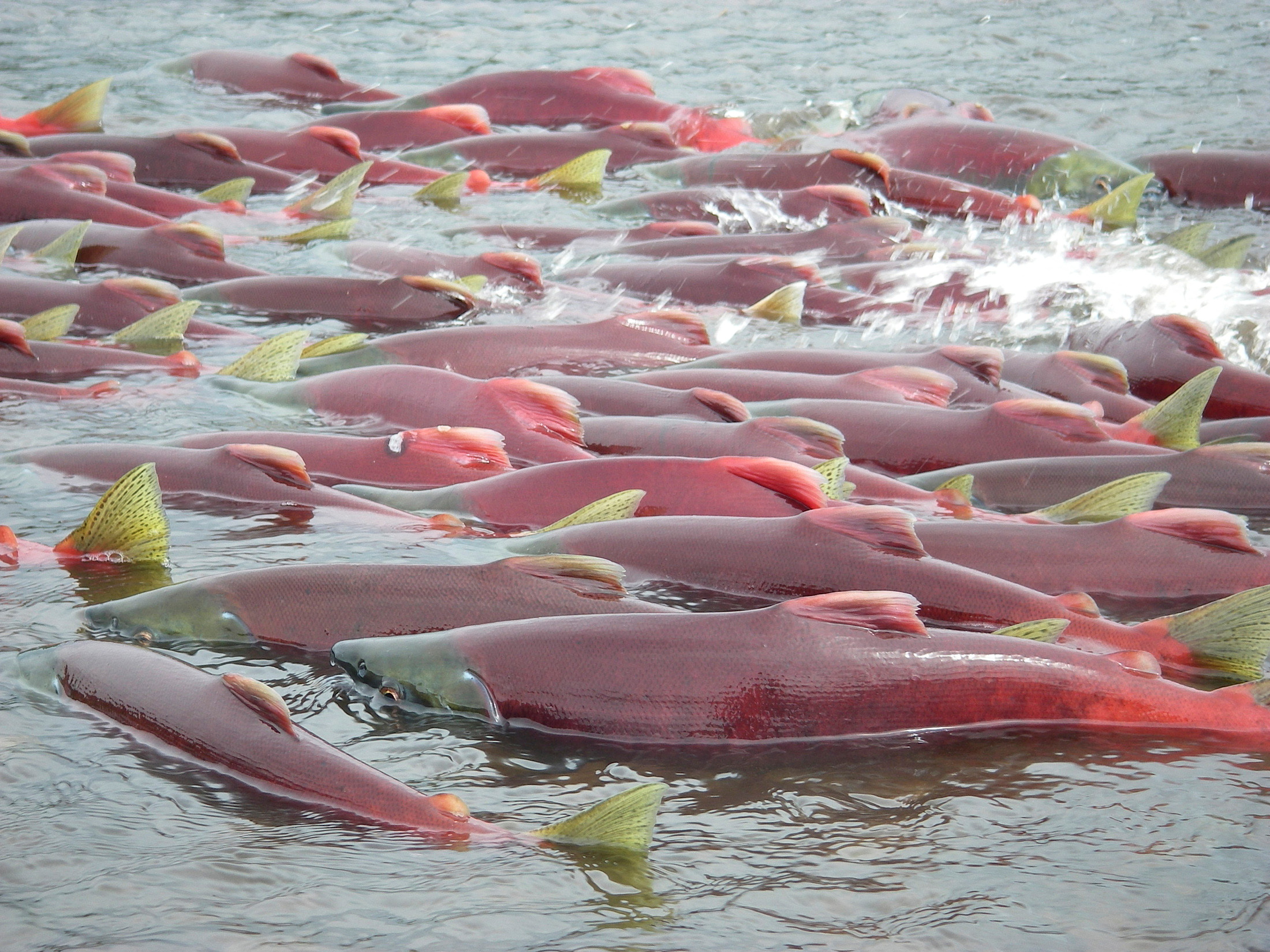Biden Administration makes revised proposal to protect Bristol Bay watershed
The move could spell the end of efforts to build the controversial Pebble Mine.

The Biden administration made a revised proposal on Wednesday to ban the disposal of mining waste in Alaska’s Bristol Bay watershed, dealing a potential death blow to the contentious Pebble Mine project that has been pursued for over a decade.
The project, one of the world’s largest copper and gold deposits, has been through a roller coaster of regulations for the past 15 years as Bristol Bay’s salmon has supported important wildlife and a multibillion-dollar industry.
The U.S. Environmental Protection Agency said in a statement it is seeking public comments on the revised proposal at hearings in June as well as by written submissions through July 5.
Pebble Limited Partnership top boss John Shively called the move a giant step backwards for the Biden Administration’s climate change goals.
“The Pebble Project remains an important domestic source for the minerals necessary for the Biden Administration to reach its energy goals,” said Shively, chief executive of Pebble, which is owned by Northern Dynasty Minerals Ltd.
“If it blocks Pebble it will have to seek minerals to meet its goals from foreign sources which simply do not have the same environmental standards that we do.”
Under former U.S. President Barack Obama, the EPA in 2014 proposed limits on large-scale mining in the watershed, citing environmental concerns. But under former President Donald Trump, the EPA had dismantled scores of environmental rules, including the initial proposal from the Obama administration.
The project, however, has faced other regulatory hurdles, after the Army Corps of Engineers, under the Trump administration, denied a key permit for the mine in November 2020 following opposition by Alaska’s Republican senators seeking to protect the $2.2 billion salmon industry that employs 15,000 people.
In September last year, the Biden administration had re-launched the process to permanently protect the watershed.